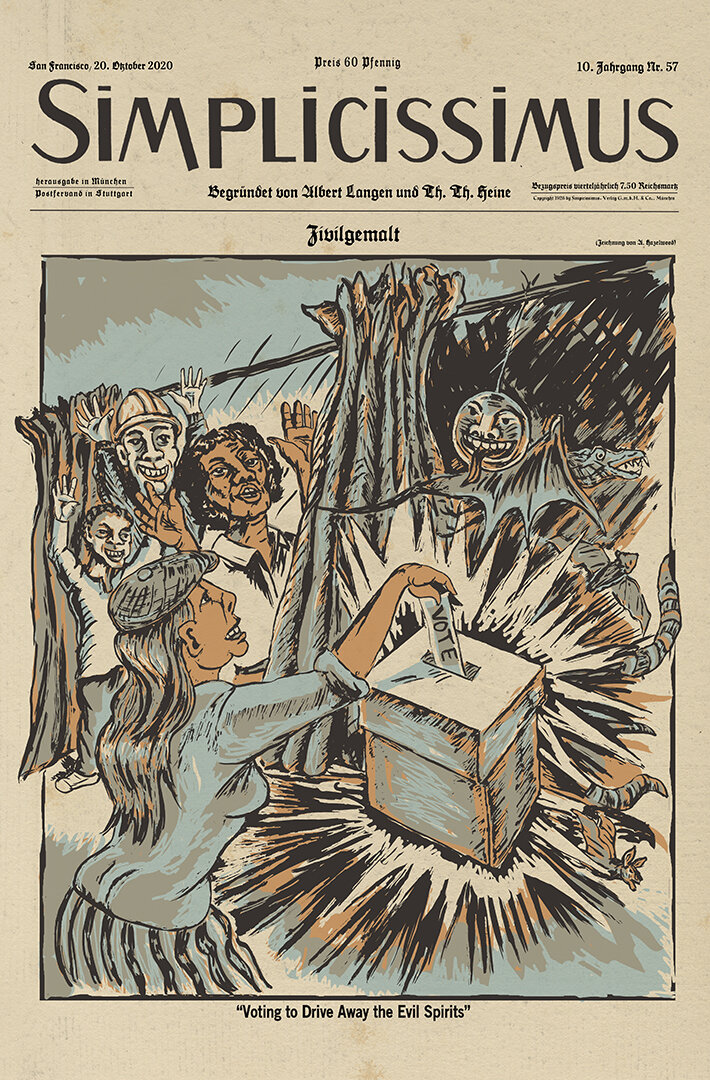Thoughts on Being a Bishop These Days
Several Random Connected Thoughts
First, let me open by saying, "I'm floundering a bit these days." My sense of direction and purpose in this office is less clear. Friends have reminded me that this is often a typical in-between phase for me. In that nebulous place before my next project emerges, I'm often Dazed and Confused, to quote a Led Zeppelin song. However, I'm also thinking this is about something deeper. I need some focus. To succinctly capture the work of this office, I drafted the "Work of a Bishop". (It’s below) I am mostly using it as a guide for myself. I'll be asking, "am I spending enough time in areas that are forward looking and soulful for both me and the church?"
Second, a Mash-Up of several resources and conversations has caused me to begin exploring the questions around religious life and society. It began with a conversation I had with one of our younger pastors as he asks about the viability of his congregation and the church in general. "I think the changes for the church are going to be fascinating but also a really rough ride." He said. Our dialogue ended on a note of curiosity around the collapse of institutional religion accompanied by a reemergence of a religious/spiritual impulse in the collective of society.
Third, I dropped in on the "Ask Big Questions" podcast with Bill Gates and Rashida Jones. They let me listen to their conversation with anthropologist and author Yuval Harari. In the middle of the discussion of corporations Harari is asked to describe the corporation Microsoft. His response "Microsoft is a Story." OK it's more in-depth than that, but what he is suggesting is those corporate entities, and I'd add the ELCA or even a Synod are stories. They are agreed upon narratives that a group of people have said, "Yes this exists." For me, this introduces a new way of conceiving of our work. It goes to the heart of belonging. Human beings seek meaning and one of the ways we do that is in belonging. This idea that the New England Synod is a story will be working its way through my heart and soul for a while. It's helping me re-imagine our work.
Lastly, I've just started reading a book by David Tacey, in which he describes a positive understanding of the Post-Secular Society. It's the 'death of the death of God' philosophy and makes the case that while religious institutions are struggling, the reemergence of the religious impulse is very much alive. One thinks of Bonhoeffer's religion less Christianity, among others. But Tacey goes a step or two further. He is both a theologian and a depth psychologist so he is very interested in a healthy role for both fields as resources in the healing of society.
How does all this go together? I'm not sure but the thread of my own floundering and confusion about the work of this office is connected to these movements in our culture. While I'd prefer spending most of my time in that center column of the chart, I recognize that I'm spending time in all 9 areas. That's ok, it's what's required of the office. It also helps explain why I get scattered.
How do you stay focused on whatever you believe is most important?


















